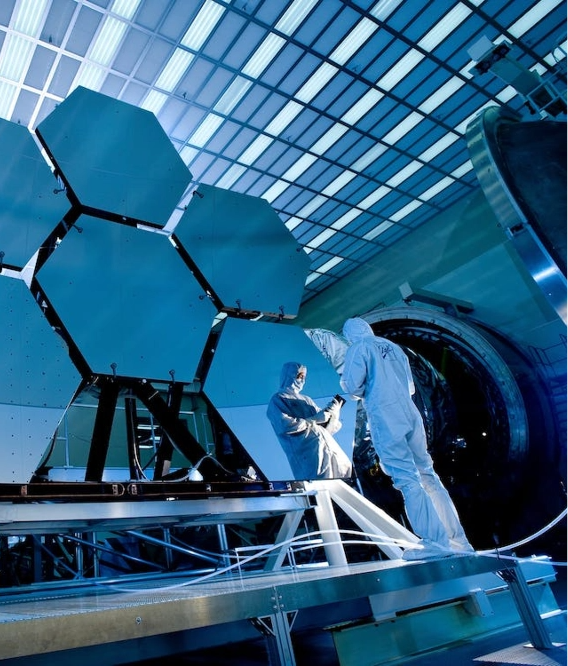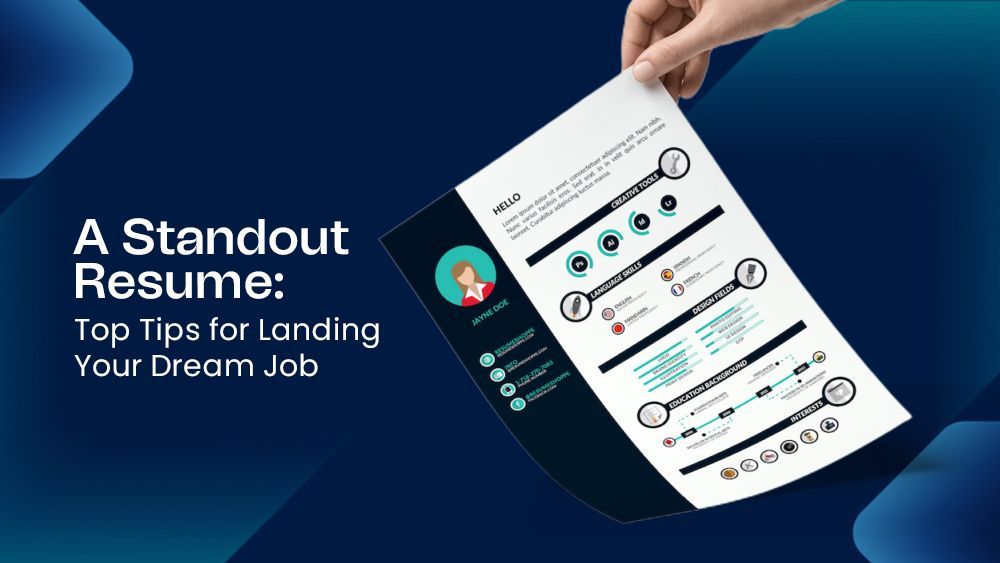By Feroz Ansari
•
November 15, 2023
Job interviews can be nerve-wracking, especially when faced with tricky questions designed to test your problem-solving skills, adaptability, and self-awareness. In this comprehensive guide, we will explore various types of challenging interview questions, such as behavioral inquiries, situational scenarios, and curveballs like "What's your greatest weakness?" We'll equip you with effective strategies to confidently navigate these questions, turning them into opportunities to showcase your skills and experiences. 1. Understanding Behavioral Questions Behavioral questions aim to uncover your past actions and behaviors to predict future performance. Common examples include: Describe a challenging situation you faced at work and how you handled it. Tell me about a time when you had to work with a difficult team member. Strategies: Use the STAR method (Situation, Task, Action, Result): Structure your answers to provide a clear narrative of the situation, the task at hand, the actions you took, and the positive results achieved. Highlight relevant skills: Tailor your responses to emphasize skills relevant to the job, such as leadership, teamwork, or problem-solving. 2. Navigating Situational Questions Situational questions assess how you would handle hypothetical scenarios related to the job. Examples include: How would you handle a project that is falling behind schedule? What would you do if you disagreed with your supervisor's decision? Strategies: Demonstrate problem-solving skills: Outline a step-by-step approach to address the situation, showcasing your ability to analyze challenges and develop effective solutions. Align with company values: Tailor your responses to reflect the organization's values, demonstrating cultural fit. 3. Addressing Curveball Questions Curveball questions, such as "What's your greatest weakness?" or "Tell me about a failure," are designed to gauge your self-awareness and ability to learn and grow. Strategies: Turn weaknesses into strengths: Acknowledge a genuine area for improvement and discuss the steps you've taken to overcome or mitigate it. Show resilience: When discussing failures, focus on the lessons learned and improvements made as a result. 4. Customize Responses to the Job Description Regardless of the type of question, always custom your responses to align with the specific job requirements and company culture. Strategies: Review the job description: Identify key skills and qualities the employer is seeking. Incorporate keywords: Integrate relevant keywords into your responses to demonstrate alignment with the role. 5. Practicing and Seeking Feedback Practice is crucial for mastering the art of answering tricky questions. Engage in mock interviews with a friend or career coach and seek constructive feedback. Strategies: Use online resources: Find common tricky questions and practice your responses. Record yourself: Utilize technology to record and review your answers, focusing on tone, body language, and content. Conclusion Successfully navigating tricky interview questions requires preparation, self-awareness, and the ability to strategically showcase your skills and experiences. By understanding the different types of questions and implementing the provided strategies, you can approach interviews with confidence, turning challenging queries into opportunities to shine. Remember, each question is a chance to demonstrate your value and suitability for the position, so embrace the challenge and showcase your best self.




